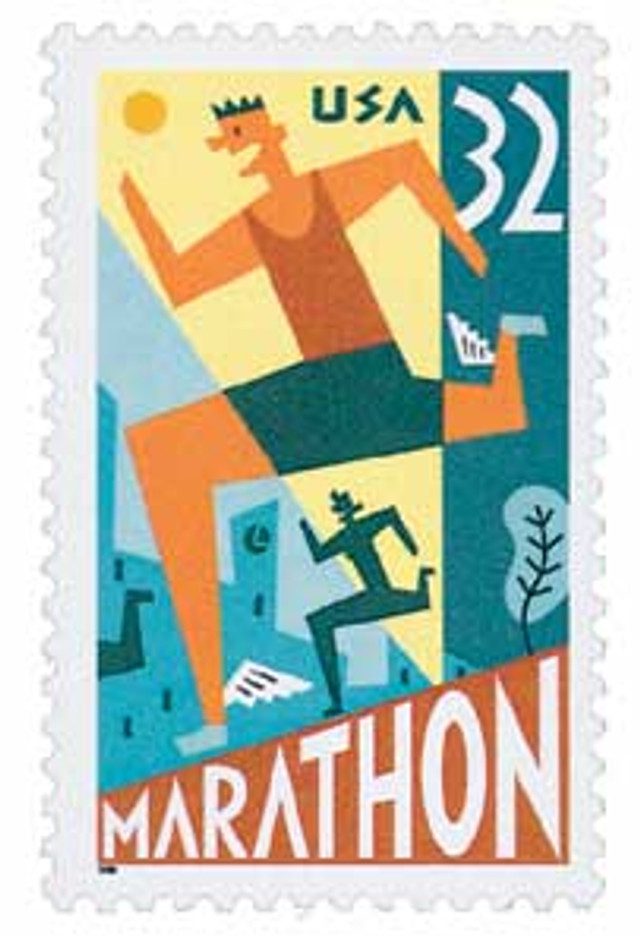
The first-ever Boson Marathon was run on April 19, 1897. It’s the world’s oldest annual marathon and is one of the six World Marathon Majors. While the first race included 15 runners, recent races have seen over 30,000 participants.
Inspired by the extraordinary feat of a Greek soldier named Pheidippides, the first modern marathon was held at the revival of the Olympic Games in Athens, Greece, in 1896. According to legend, in 490 BC, Pheidippides ran from the battlefield at Marathon to Athens, carrying the news of the Athenian victory over Persia. Upon his arrival he shouted the triumphant proclamation, then fell to the ground, dead from exhaustion.
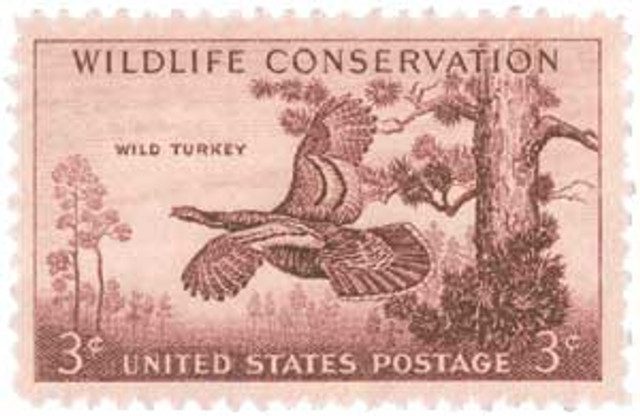
In 1897, the Boston Athletic Association (BAA) was inspired by the popularity of the marathon at the 1896 Olympics and decided to hold their own race. It would be the final event of their BAA Games athletic competition. It was run on Patriot’s Day, April 19, 1897, connecting both Athens’s and America’s fights for liberty. Out of the 15 runners that participated, John J. McDermott won the race with a time of 2:55:10.
The race was held every year since 1897 – including during World War II and the Great Depression – until it was canceled in 2020 due to the Covid-19 pandemic. The original race was 24.5 miles, but in 1924 it was changed to 26 miles, 385 yards to meet the standard set by the International Amateur Athletic Federation in 1921.
Originally, the Boston Marathon was a local event, run by a few hundred racers. Over the years however, it has attracted runners from around the world and averages about 30,000 runners per year, cheered on by 500,0000 spectators. This makes it the most widely viewed sporting event in New England. For its 100th anniversary, the 1996 Boston Marathon saw 38,708 entrants, taking the record for the world’s largest marathon at that time. The race runs through eight Massachusetts cities and towns and is known for its hilly terrain and varied weather.
For decades, the race didn’t include a cash prize. Winners received a wreath of olive branches. In the 1980s though, professional athletes began calling for a cash prize or they wouldn’t participate. Corporate sponsors stepped in and the race has awarded cash prizes since 1986.
The fastest time for the marathon was run on April 18, 2011 by Geoffrey Mutai of Kenya. His time was 2:03:02. However, it wasn’t recognized as a world record by the International Association of Athletics Federations because the course didn’t meet their requirements for elevation drop and start/finish separation.
In 2007, astronaut Sunita Williams became the first person to run a marathon in space. She ran the total marathon distance while serving on the International Space Station.
Visit the Boston Marathon website for more.
| FREE printable This Day in History album pages Download a PDF of today’s article. Get a binder or other supplies to create your This Day in History album. |
Discover what else happened on This Day in History.

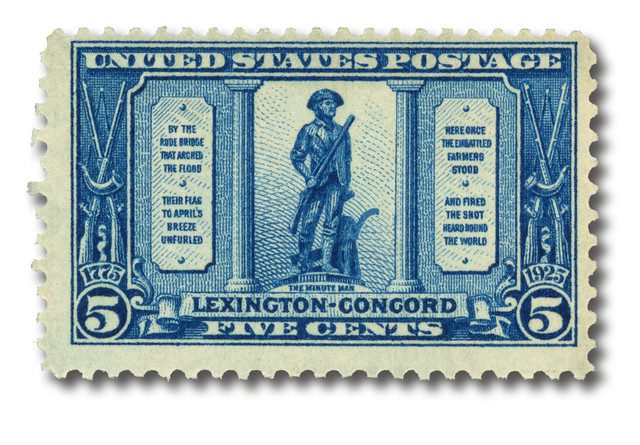
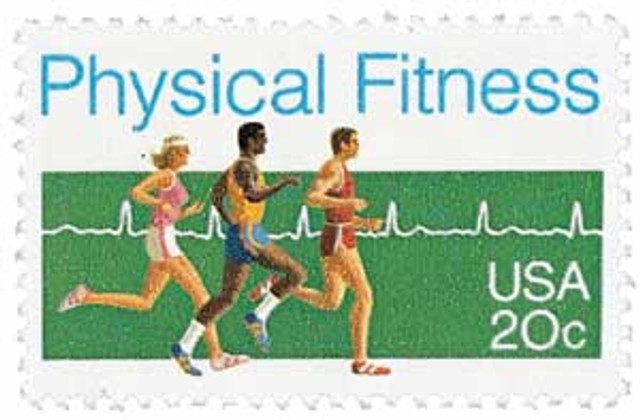
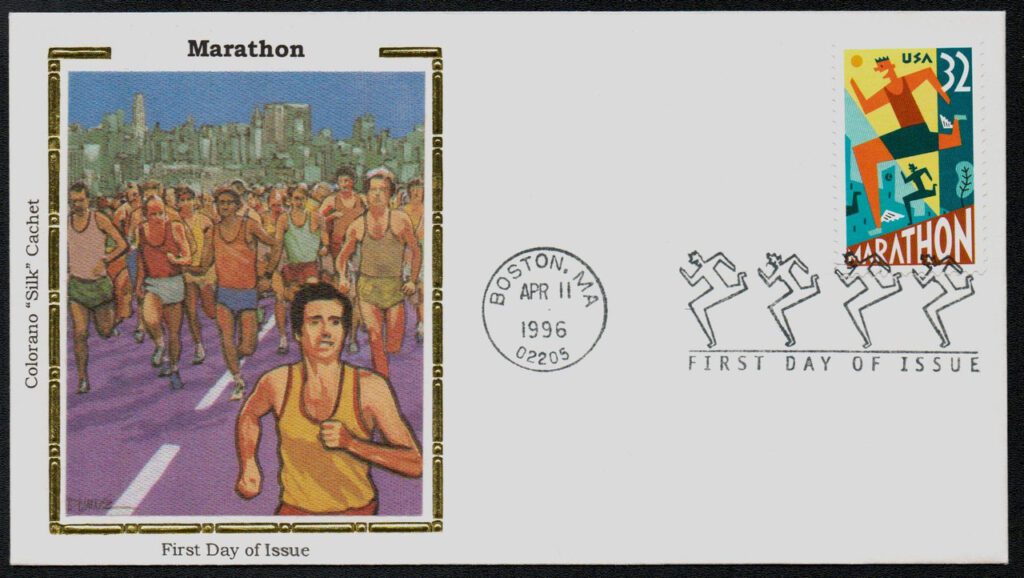
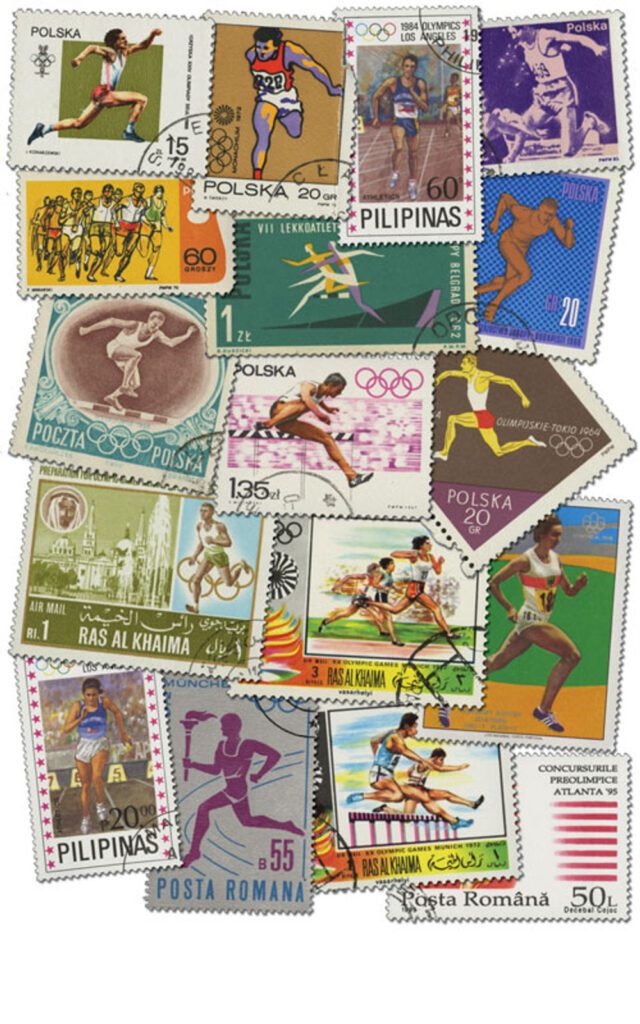
First race was won by a New Yorker, so began the bitter rivalry.
In 1959 I was crossing the street outside Fenway Park for a Red Sox game and the marathon was finishing up close by. There were very few runners then.
However, it was exciting to see several of the participants bunched up as they ran the race.
Time to update the text!